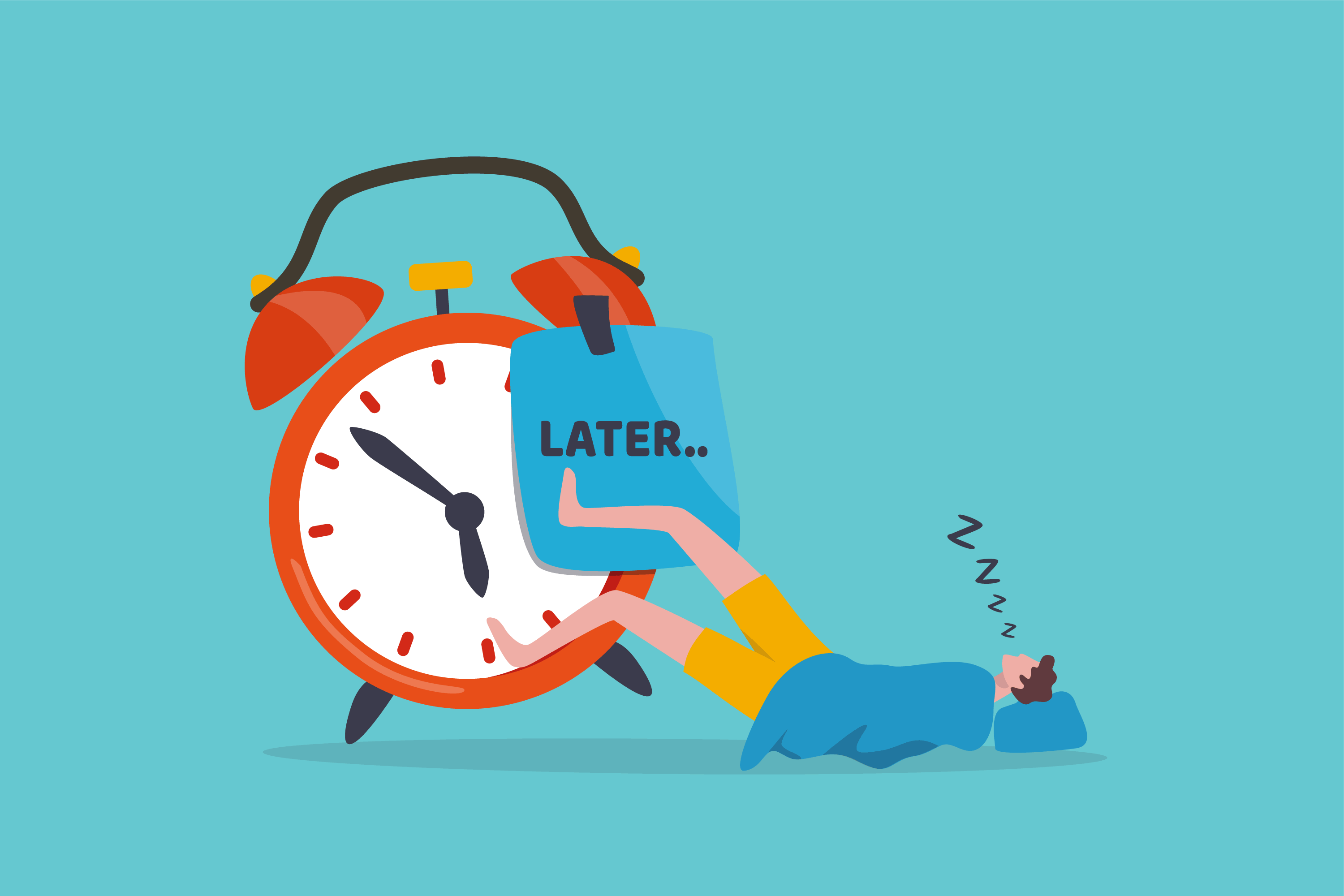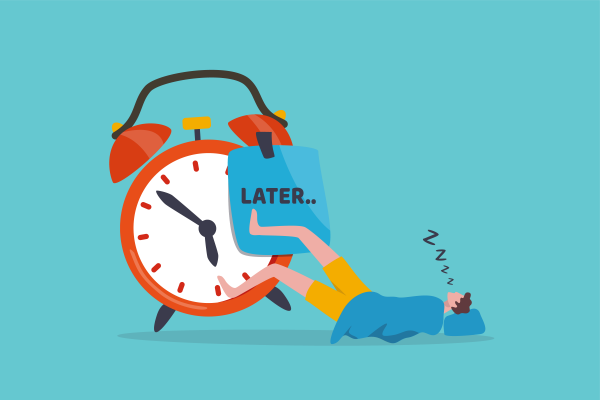Procrastination is something we all struggle with at times. Whether it’s putting off a work project, delaying household chores, or avoiding that workout, it can be tough to get started. In this article, I share some effective ways to stop procrastinating. Ready? Let’s begin!
Read more about Personal Development
-
Break Tasks into Smaller Steps
One of the best ways to stop procrastinating is to break your tasks into smaller, more manageable steps. Large tasks can feel overwhelming, making it easy to put them off. By dividing them into smaller chunks, you can tackle each part one at a time, making the overall task seem less daunting. For example, if you need to write a report, start with an outline, then write the introduction, and so on. This way, each step feels achievable and you can see your progress as you go.
-
Set Clear Goals
Setting clear, specific goals is another effective way to stop procrastinating. When you know exactly what you need to accomplish, it’s easier to stay focused and motivated. Instead of saying, “I need to work on my project,” try something more specific like, “I will write the introduction to my project today.” Clear goals give you a sense of direction and purpose, making it easier to start and complete tasks.
-
Use a Timer
The Pomodoro Technique is a popular method to help you stay focused and productive. Set a timer for 25 minutes and work on your task without any interruptions. When the timer goes off, take a 5-minute break. Repeat this process, and you’ll find it easier to maintain your concentration and get things done. This technique helps break your work into manageable intervals, making it less intimidating and more achievable.
-
Eliminate Distractions
Distractions are a major reason why we procrastinate. Identify what tends to distract you and find ways to minimize these interruptions. This might mean turning off your phone notifications, working in a quiet room, or using apps that block distracting websites. By creating a distraction-free environment, you can focus better and get your tasks done more efficiently.
-
Reward Yourself
Rewarding yourself for completing tasks can be a powerful motivator. It doesn’t have to be anything big – even a small treat or a short break can make a difference. Knowing there’s a reward waiting for you can help you stay on track and finish your tasks. For instance, you could treat yourself to a favourite snack or a few minutes of relaxation after completing a task.
Sign up for the Connect Nigeria daily newsletter
-
Change Your Environment
Sometimes, a change of scenery can help you focus better. If you’re struggling to concentrate at home, try working in a different room, a library, or a café. A new environment can provide a fresh perspective and help you get started on your tasks. The change can stimulate your mind and make the task feel less monotonous.
-
Stay Accountable
Sharing your goals with a friend or colleague can help keep you accountable. When someone else knows what you’re working on, you’re more likely to stay committed and follow through. You can even set up regular check-ins to discuss your progress and stay motivated. Having someone to support and encourage you can make a big difference in overcoming procrastination.
-
Practice Self-Compassion
It’s important to be kind to yourself when you’re trying to stop procrastinating. Everyone procrastinates sometimes, and it’s okay to make mistakes. Instead of being too hard on yourself, acknowledge your efforts and keep trying. Self-compassion can help reduce stress and make it easier to get back on track. Remember, progress is more important than perfection.
-
Visualize Success
Visualizing the positive outcomes of completing your tasks can boost your motivation. Imagine how good it will feel to finish your project or how relieved you’ll be once your chores are done. This mental picture can help you overcome the initial resistance and get started. Visualization can make the end goal seem more real and attainable, encouraging you to take action.
-
Seek Professional Help
If procrastination is significantly impacting your life, consider talking to a therapist or counsellor. They can help you develop personalized strategies to manage procrastination and address any underlying issues that might be contributing to it. Professional help can provide you with tools and techniques tailored to your specific needs, making it easier to overcome procrastination.
Register to attend the CN Business Mixer
Final Thoughts
When you incorporate these effective ways to stop procrastinating into your daily routine, you can improve your productivity and achieve your goals. Remember, the key is to start small, stay consistent, and be kind to yourself along the way.
Got a suggestion? Contact us: [email protected]


